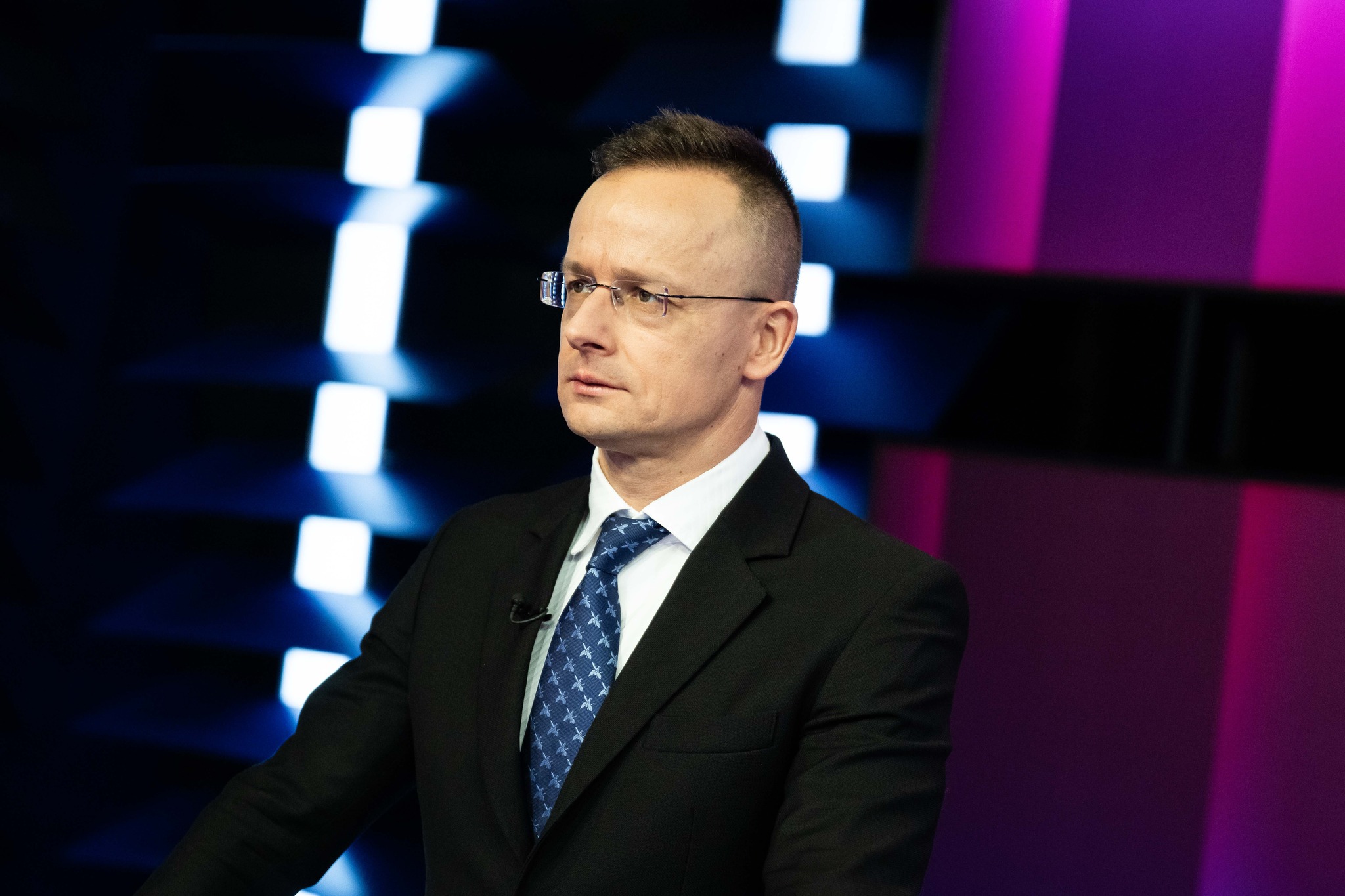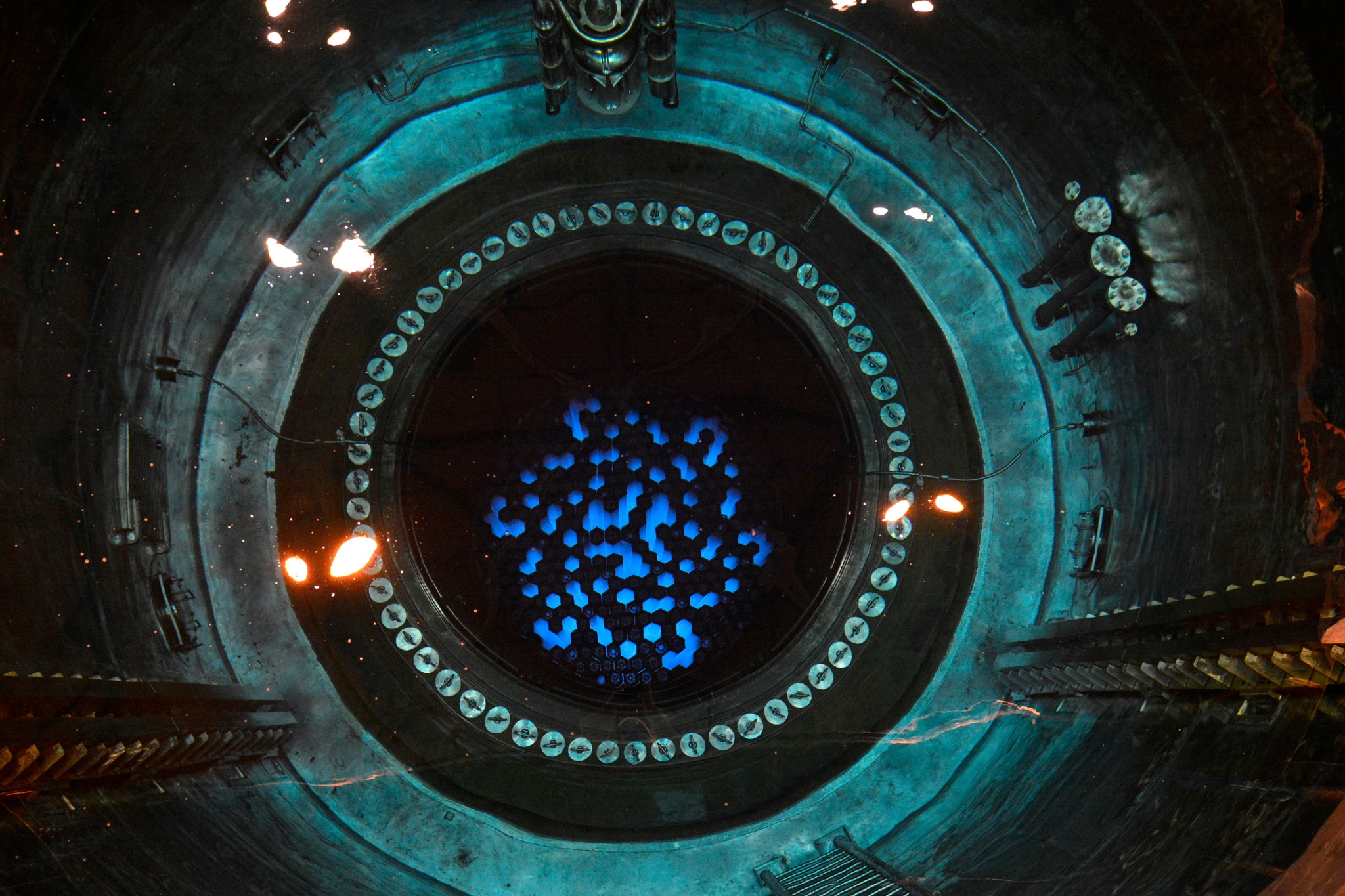
In the Foreign Minister's view, punitive measures have not forced Russia to end the war, and they are doing more damage to Europe than to Russia.Continue reading

Minister of Foreign Affairs Péter Szijjártó spoke out against the sanctions on Russian nuclear energy when he received the director general of the International Atomic Energy Agency in Budapest.
Minister of Foreign Affairs and Trade Péter Szijjártó spoke about the tenth package of EU sanctions against Russia at a joint press conference with Rafael Grossi, Director General of the International Atomic Energy Agency (IAEA), in Budapest on Wednesday.
We must take decisive action to ensure that the EU sanctions do not affect the Russian nuclear sector in any way, as this would harm Hungary’s fundamental national interests and would also threaten global nuclear security,”
Szijjártó warned.
“We have to take strong action against the listing of Rosatom and its officials, because I want to make it clear that sanctions on nuclear energy or on Rosatom would harm Hungary’s fundamental national interests,” he added.
In addition, sanctions on Rosatom would also threaten global nuclear security, given that, like it or not, Rosatom is one of the world’s most important nuclear players,”
the minister noted.
Szijjártó welcomed the IAEA’s “rational, common sense approach” and expressed support for Grossi’s efforts to create a safety zone around the Zaporizhzhya nuclear power plant in Ukraine. He said that warnings of the risk of a nuclear accident were also proof that the Hungarian argument for a ceasefire and peace talks in Ukraine as soon as possible was correct.
As for the German government’s obstruction of the supply of control technology for the Paks expansion, he pointed out that the contract had been awarded to a consortium of Siemens Energy and Framatome, so if Berlin made it impossible for the German company to participate, it would have to negotiate with its French partner to increase its role.
“It is still a bit wild that a nuclear power plant would be built in the European Union with control technology from the two most powerful European countries, and the German government is now risking that it will have to be replaced by Russian technology. Is this a sensible thing for the German government to do?” he asked.
Featured photo via Facebook/MVM Paksi Atomerőmű Zrt.